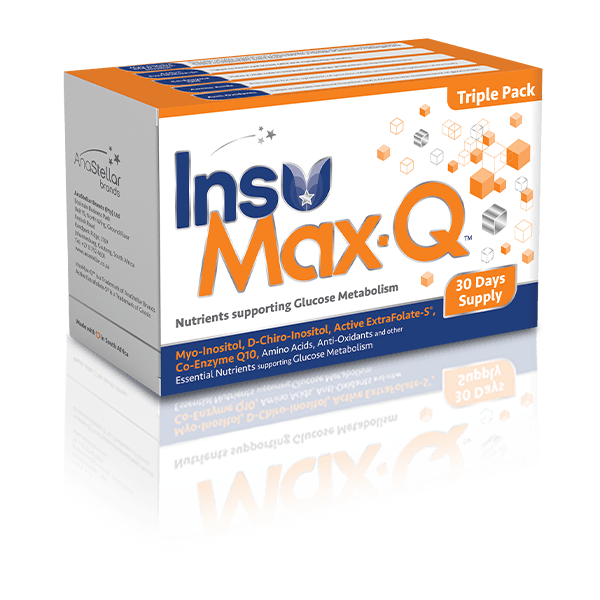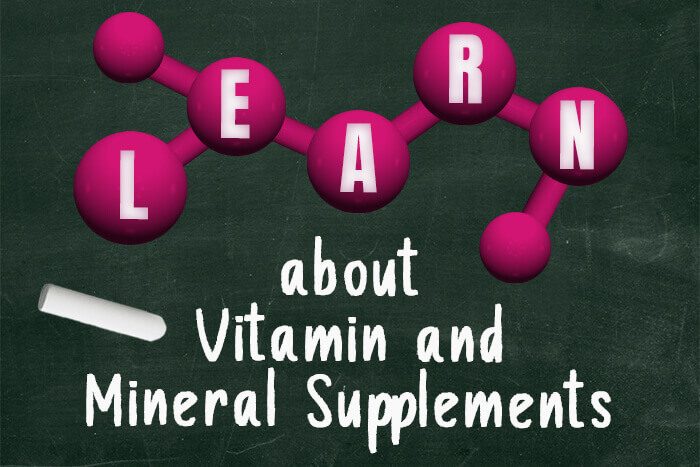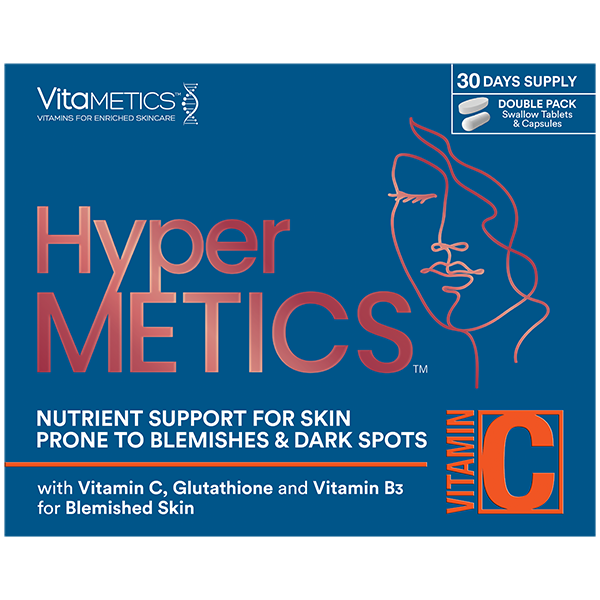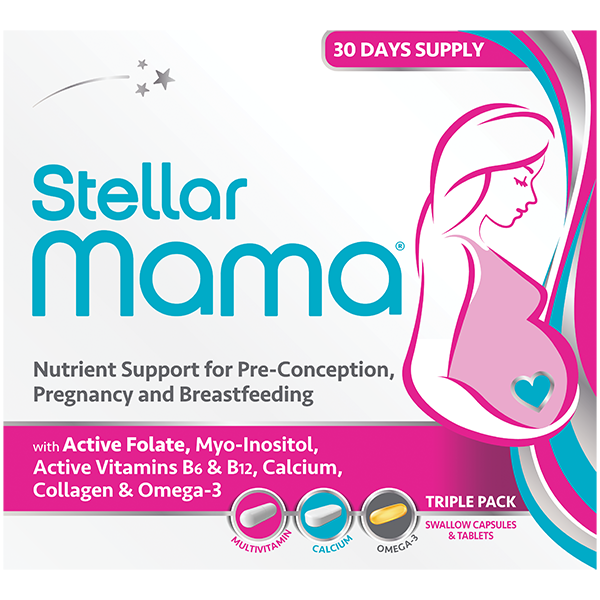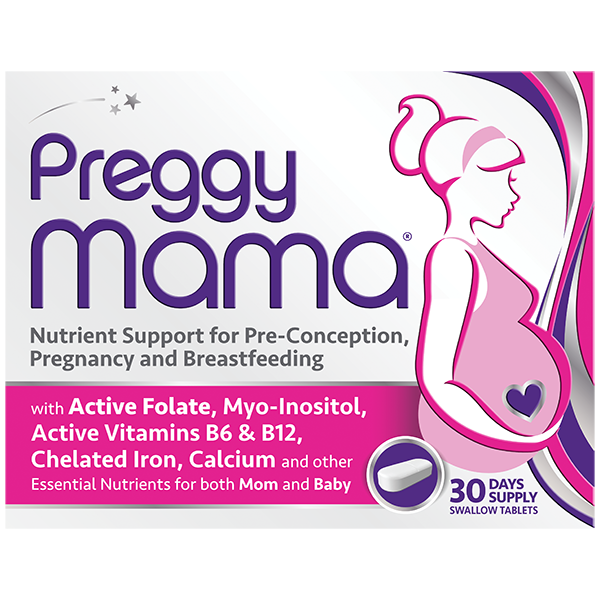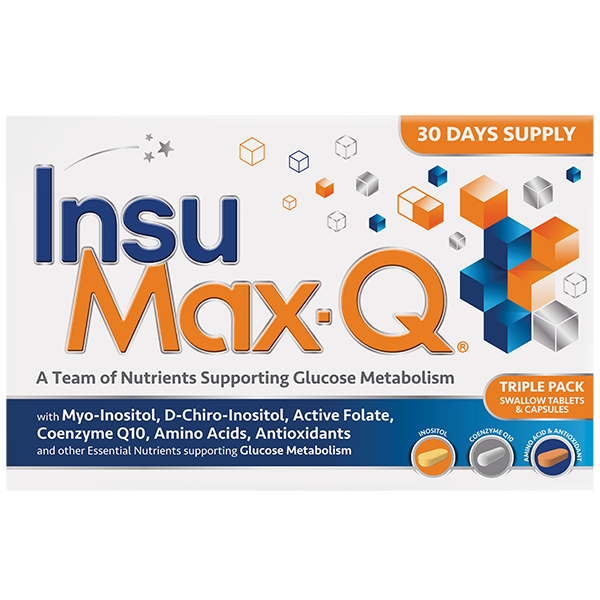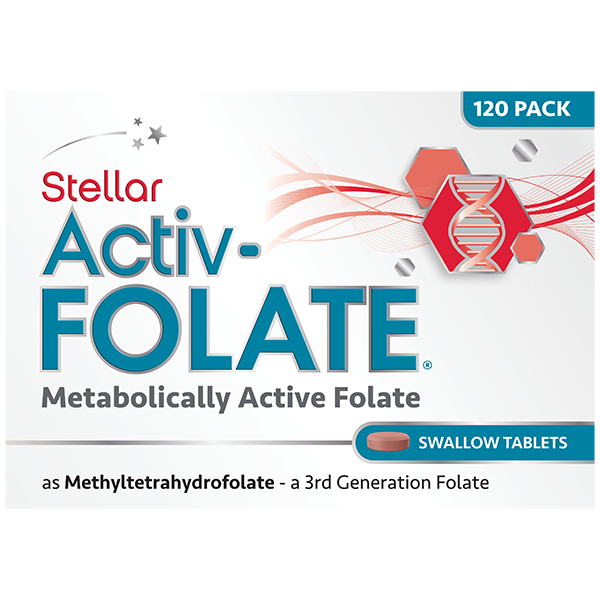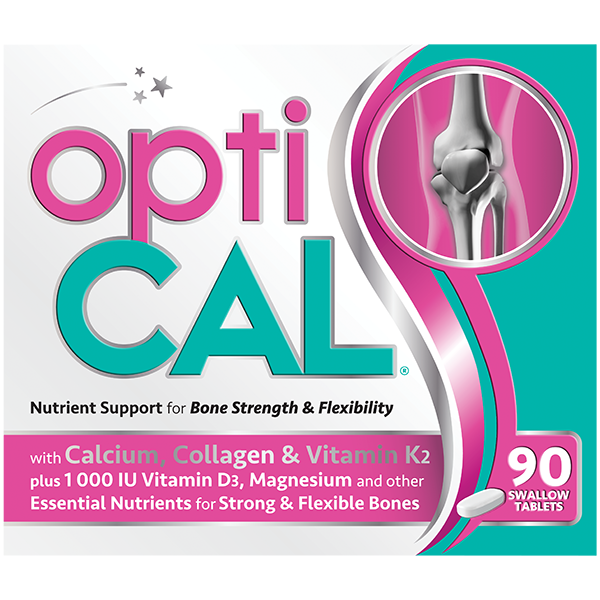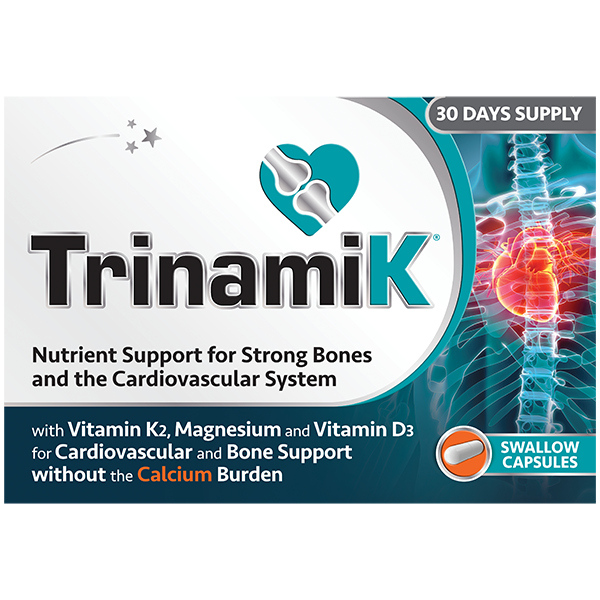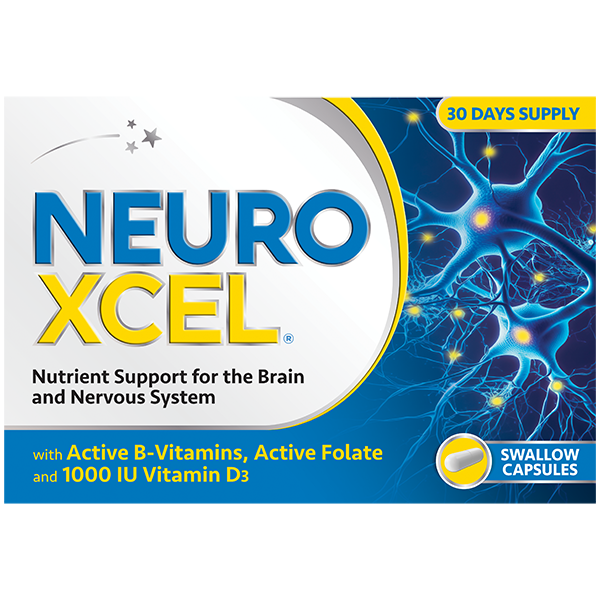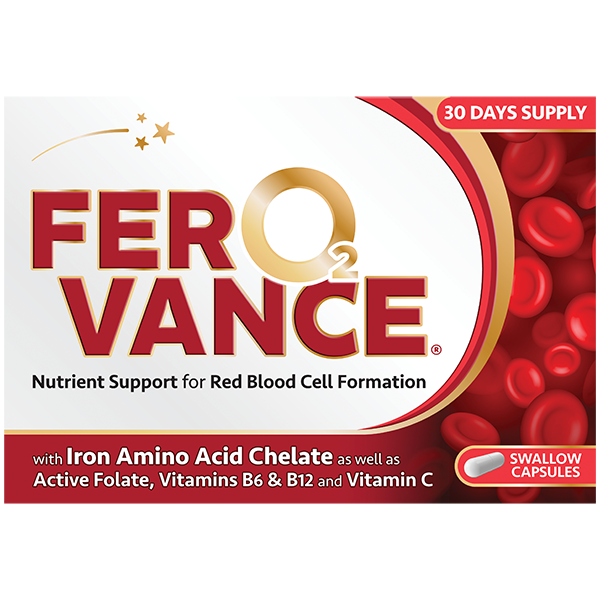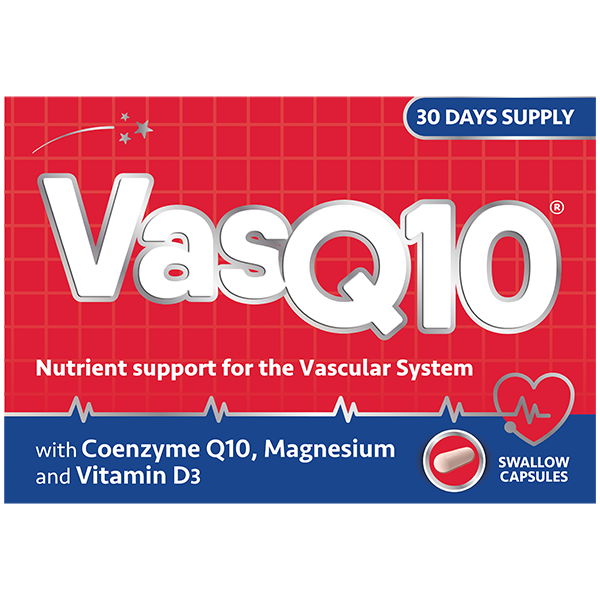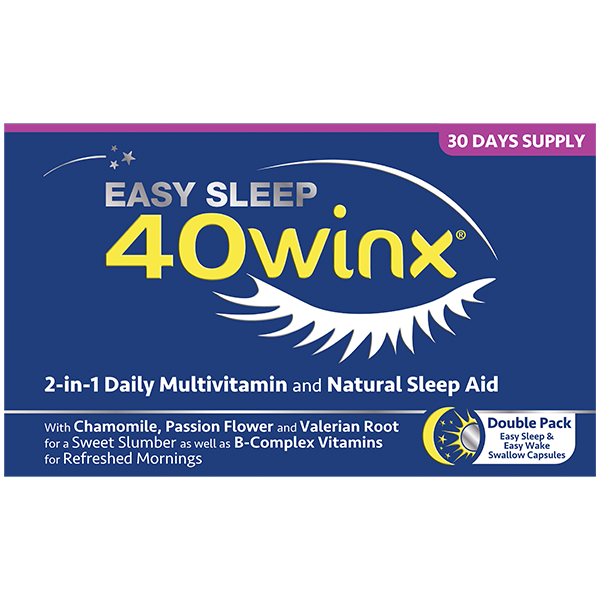FREE SHIPPING FOR ORDERS R500 OR MORE
FREE SHIPPING FOR ORDERS R500 OR MORE
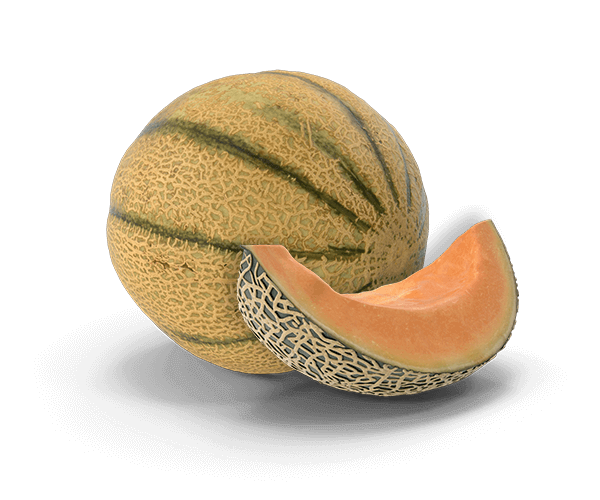
Inositol
What is Inositol?
Inositol, a naturally occurring carbohydrate, is a vital component of cell membranes and has garnered attention for its diverse roles in human physiology. Classified as a polyol, inositol exists in various stereoisomeric forms, with myo-inositol being the most prevalent and biologically active in the human body. Found in abundance in foods such as fruits, beans, and grains, inositol plays a crucial role in cellular signaling, neurotransmitter function, and lipid metabolism. Beyond its foundational contribution to cellular structure, inositol has been investigated for its potential therapeutic applications in conditions like mental health disorders, polycystic ovary syndrome (PCOS), and metabolic disorders. This unassuming compound, once primarily recognized as a member of the B-vitamin complex, continues to reveal its intricate involvement in maintaining the delicate balance of various physiological processes. Read more about PCOS treatment.
What are the different types of Inositol?
Inositol is a natural molecule and plays a structural role in your body as a major component of cell membranes. Inositol mediates cell signal transduction in response to a variety of hormones (Insulin), neurotransmitters (Serotonin and Dopamine), and growth factors and participates in osmoregulation. There is a group of nine different stereoisomers (types) of Inositol. The term Inositol is generally used to refer to Myo-Inositol. Myo-Inositol is a small molecule structurally similar to glucose (sugar) that is involved in cellular signalling.
- Myo-Inositol mediates glucose uptake and FSH (Follicle Stimulating Hormone) Signalling
- D-Chiro-Inositol is involved in the Insulin-dependent synthesis of androgens and promotes glucose storage
The benefits of supplementing with Myo-Inositol & D-Chiro Inositol in the 40:1 Plasma Physiological Ratio
- Regulates metabolic pathways and has a role in hormonal signalling
- Decreases blood glucose and HbA1c levels
- Improves endocrine and metabolic parameters
- Improves glycaemic control in Type 2 Diabetes Mellitus
- Improves LDL, HDL and TG (Triglyceride) levels, while also reducing fasting and circulating insulin levels
- Reduces time taken to decrease plasma glucose and Insulin levels compared to using Myo-Inositol alone (3 vs 6 months)

Stellar-Mama
Stellar-Mama contains 100 mg of Myo-Inositol.
Preggy-Mama
Preggy-Mama contains 100 mg of Myo-Inositol.
Frequently Asked Questions:
How does Inositol help PCOS?
Myo-inositol helps in PCOS by normalising ovarian function and improving oocyte and embryo quality. It also aids in Insulin Resistance often occurring in those with PCOS.
Does Inositol help you ovulate?
Yes, Inositol assists in regulating the menstrual cycle and ovulation.
Does Inositol help with weight loss?
Inositol can improve hormone balance (Insulin and TSH levels) and help regulate your blood sugar and boost your metabolism. Inositol on its own won’t help with weight loss. You need to combine it with a diet and exercise programme to be able to lose weight and keep it off.
How long should I take Inositol?
You should take Inositol for as long as directed by your Doctor or Healthcare Professional
Can I take Inositol if I don’t have PCOS?
Yes, you can take Inositol if you don’t have PCOS. Inositol plays a structural role in your body as a major component of cell membranes. It also influences the action of Insulin (for blood sugar control and it affects chemical messengers in your brain, such as Serotonin and Dopamine.


